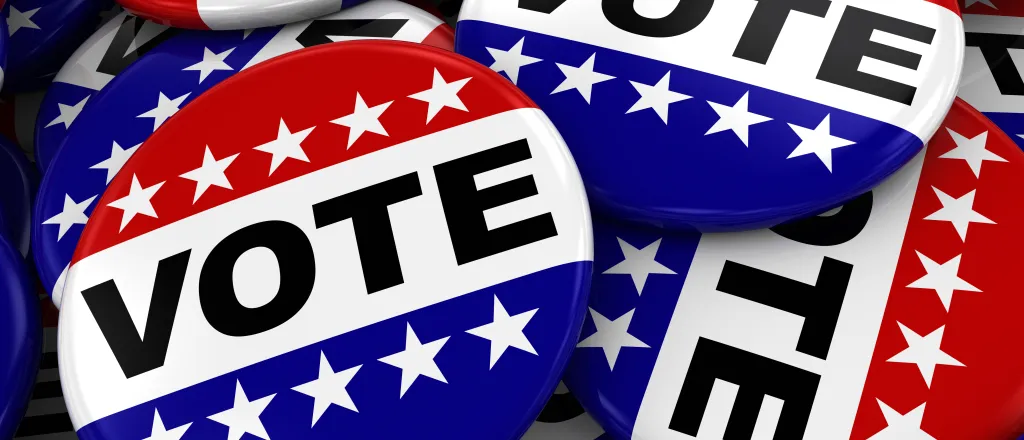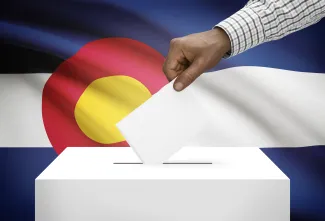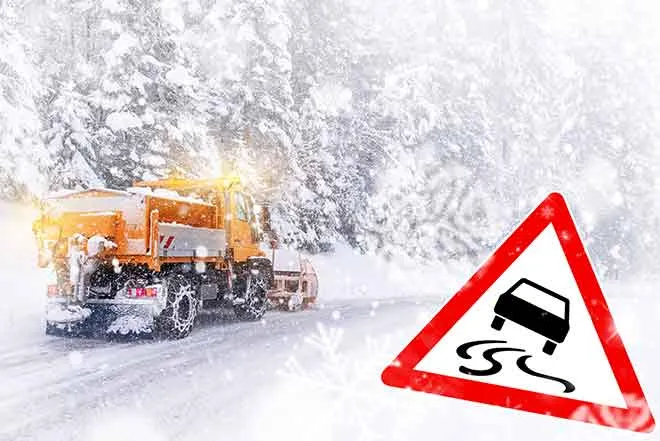
Voting basics: How to vote in languages other than English in Colorado
© iStock
(Colorado Newsline) Para leer esta historia en español, haga clic aquí.
Colorado voters who speak languages other than English can take advantage of one or more state-provided translation services depending on the county they live in.
Under a new Colorado law passed in 2021, Colorado counties with a minority language spoken by at least 2,000 voting-age citizens or 2.5 percent of voting-age citizens must provide a sample ballot in that language online, and voters can request an official ballot in the language at in-person voting centers, too.

The secretary of state’s office also offers a hotline for translation services starting when ballots are mailed to voters on October 11. The hotline is available for voters to use from 8:00 a.m. to 5:00 p.m. Monday through Friday, and from 7:00 a.m. to 7:00 p.m. on the Monday before Election Day and on Election Day, November 5.
Voters who need interpretation services can call the secretary of state’s office at 303-860-6970, call their county’s elections division, or visit a voter service and polling center during business hours.
Election staff and a qualified interpreter help voters through a three-way phone call. Interpreters provide information about ballot language but not “explanations of or arguments for or against any candidate or ballot question,” according to the secretary of state’s office.
Prior to the 2022 Colorado law, only six Colorado counties — Adams, Alamosa, Conejos, Costilla, Denver and Saguache — were required to provide Spanish language ballot material under federal population thresholds. Under Colorado’s new law, that figure rose to 20 counties: Adams, Alamosa, Arapahoe, Bent, Boulder, Conejos, Costilla, Denver, Eagle, El Paso, Fremont, Garfield, Jefferson, Lincoln, Montrose, Morgan, Prowers, Rio Grande, Saguache and Weld.
Jefferson County Clerk Amanda Gonzalez advocated for the law lowering population thresholds. She said while it didn’t pass the first year it was introduced, those in favor pushed harder and got it passed the following year.
“Our democracy is fundamentally better when everyone participates, and it’s easier to participate if you can do so in the language you’re most comfortable in,” Gonzalez said in a statement. “Legislation that is good for voting rights isn’t always universally popular, but it does make our democracy stronger and my focus is always to do what’s right for voters.”
Voters have until 7 p.m. on Election Day to either vote in-person or return their mail ballot to their county clerk’s office. Anyone can check their voter registration status through the secretary of state’s website and update their registration through Election Day.
Colorado Newsline is part of States Newsroom, a nonprofit news network supported by grants and a coalition of donors as a 501c(3) public charity. Colorado Newsline maintains editorial independence. Contact Editor Quentin Young for questions: info@coloradonewsline.com. Follow Colorado Newsline on Facebook and X.
















